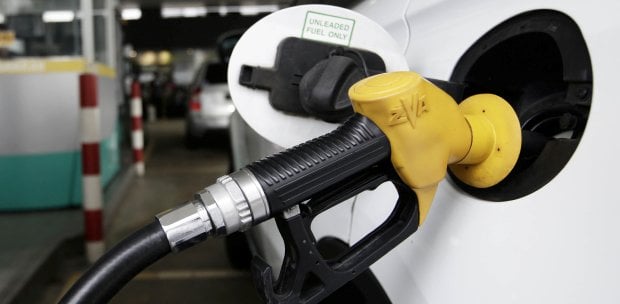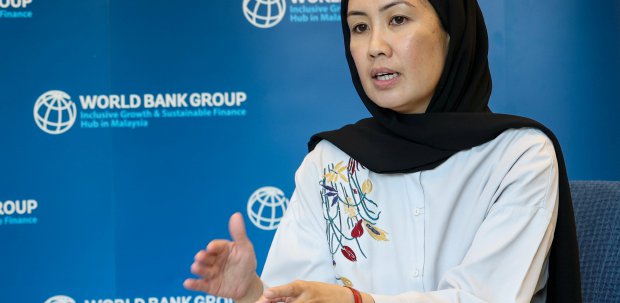IT is basic economics that subsidies have the unintended effect of encouraging over-consumption of energy -- be it petrol, gas or electricity. By artificially making prices cheaper than market rate, there is less incentive to use energy more prudently. Without taking into account the impact of fossil fuel consumption to the country's carbon footprint, the government will inevitably spend more in mitigating environmentally-related diseases and damage to the ecosystem in future.
But the debate gets murky once the issue is given its political combustion.
No government in the democratised world can liberalise energy subsidies without having to face a certain degree of public hostility. By definition, myopic politicians care more about winning in the next electoral cycle than making promises to guarantee the long-term sustainability of public finance and doing what is necessary to protect the environment.
In Malaysia, proponents of the status quo with regards to fuel subsidy should also recognise that such subsidy is regressive in nature. By setting a ceiling price on petrol, the rich gets to enjoy a larger amount of subsidised fuel compared to the poor. This is true if one were to consider that the rich have on average bigger cars and thus consume more petrol. The International Monetary Fund research reports that only seven per cent of fuel subsidies in less than developing countries go to the bottom 20 per cent of households while some 43 per cent end up in the hands of the richest 20 per cent.
It is perhaps fairer to the society if the government frees up subsidy which benefits disproportionately more to the rich, and invest it in public transportation, education, and other welfare programmes so that the benefits can be distributed more widely to the masses.
Every single ringgit that is spent on petrol subsidy results in foregone opportunity in funding for the development of the country. Inadequate development will result in losing the potential gain in productivity which fuels the growth engine for higher income. Last year, the government had spent an estimated RM28.9 billion on allocation for fuel subsidy, but it only directed RM8.7 billion to finance the construction, maintenance and upgrading of transport infrastructure, including RM407 million to ease traffic congestion in urban areas.
In order to sustain such burdensome spending, the government will have no choice but to either increase borrowing or to impose higher taxation in future, or both. Federal Government debt amounted to 54.8 per cent of GDP last year; less than one percentage point away from the self-imposed debt ceiling of 55 per cent.
While there is no reason to suggest that the economy will crash once the debt ceiling is breached, one must nevertheless question the purpose of the borrowings; do we expect returns in the form of more development? This is a trade-off in time value of money, as much as between the conflicting priorities in how the government should distribute its spending.
Nevertheless, the short-run impact of higher fuel prices on the cost of living is noticeable. Business operators have the incentives to transfer the effect of higher input cost to final consumers in the form of more expensive goods and services. But the notion of inflation must be put in perspective; the growth of income must rise in tandem or above inflation to make sure that a given household's purchasing power remains intact. In the mid- to longer term, however, the danger of inflationary pressure is more likely to arise from imbalance in monetary and credit growth, and this had prompted the Bank Negara to undertake several cooling-off measures last year, such as limiting the tenure of personal loans to a maximum of ten years.
For income to catch up with inflation over the long run, the government has rightly laid the foundation, via the transformation agenda, to shape an environment that is conducive to income growth. However, the standard of living will not improve overnight, so the trick to growing the nation's average income is to keep track of the government's transformation progress and provide constructive feedback to address policy gaps.
The recent speculation over a new subsidy quota mechanism intended to fight smuggling of petrol lacks the holistic approach to address the fundamental trade-off between spending for current needs and investment for future productivity gains.
Other governments have, in the past, made the mistake of putting an abrupt end to footing the bill for fuel and other energy subsidies, mainly due to financial pressure. Countries, such as Indonesia and Malaysia, are particularly vulnerable given the successive budget deficits and high degree of exposure to global trade and financial volatility. India, on the other hand, was adversely affected by a twin deficits and the government is now compelled to reforming its subsidy regime.
It would be better for the government to stick to a timeline for an eventual liberalisation of subsidies and sending a clear signal to the market of its commitment to a more efficient use of public resources.




